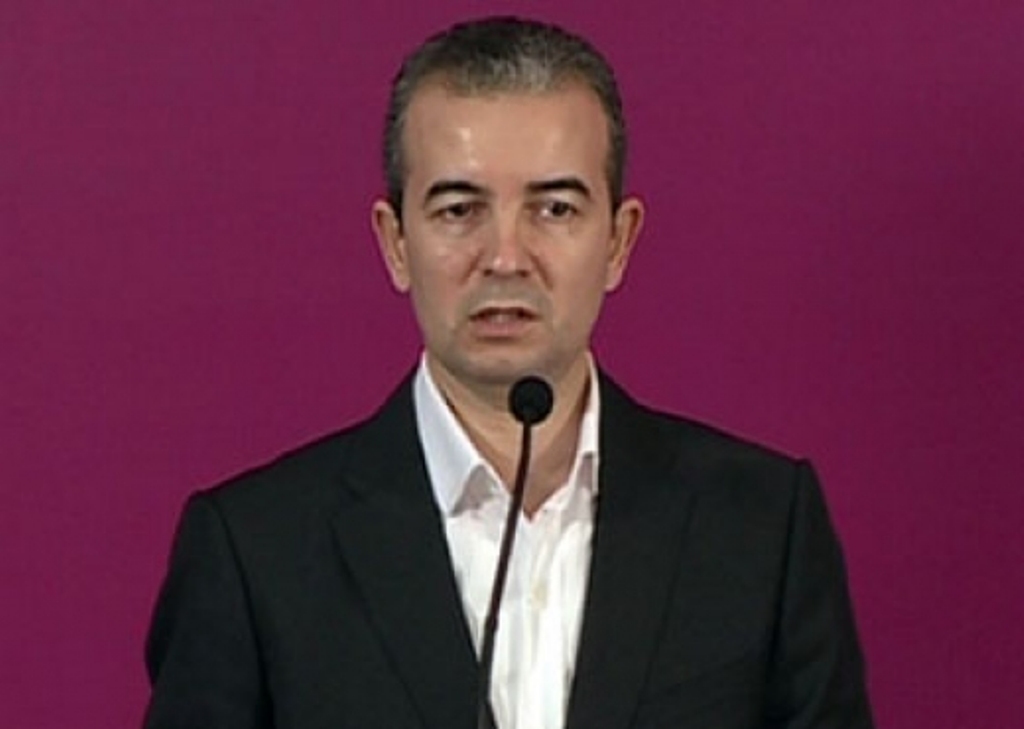
Former chairman of the Central Election Commission, former MP and former minister for relations with Parliament, lawyer Ilirjan Celibashi is an expert of the electoral process, of the problems which are encountered and the alternatives that exist in order to address them. In an interview for Albanian Free Press, he says that there should be a mature approach about the requests to use IT in the voting process.
Interviewed for Albanian Free Press by Alket Aliu
Mr. Celibashi, the debates on the voting process in Albania, including electronic voting, are old. You have been chairman of the Central Election Commission, MP and minister for Relations with Parliament. How do you consider the problems that have been encountered in different countries with electronic voting and how has the possibility of applying such technology in Albania been evaluated?
What I have noticed in relation to the discussions being made on this issue relate to the very basis of this issue. In my opinion, it is not clear why a part of Albanian politics is asking for technology to be used in the technical aspect of the voting.
If we want to use technology to facilitate voting procedures, this is another thing and we need to analyze several particular circumstances.
If it’s security that we’re looking for in the application of IT in the voting process, then this is another discussion.
Based on my experience, information technology in the voting process has never been used to boost credibility in voting process. If political parties or candidates do not have faith on the system, if they do not have faith in the electoral process, then, chances are that the use of IT will not make the process more credible, on the contrary, it may have an adverse effect.
This is why those who propose electronic voting or the use of IT in the voting process must be clearer about the reason they demand the implementation of this system.
If electronic voting or electronic ballot counting is applied with the aim of avoiding the problem of the sale of vote, I don’t think this is a relevant argument. The vote is sold and bought outside of the polling station and we don’t know how effective will IT be in preventing the sale of votes.
I don’t think this is the solution to the problems of the electoral process and the suspicions that exist on the integrity of the process. We must strengthen institutions and build more credible institutions which will manage the electoral system. This is important. We must start with this and then address the use of IT in the voting system.
It looks as if the majority and opposition share the same objective: head to elections with electronic voting system. The DP has even imposed it as a condition, while PM Rama has another condition: he is demanding migrant workers to vote…
These are two things which have nothing to do with each other. The Democratic Party has demanded this in order to avoid the sale of vote and improve the integrity of the process. But this is not that relevant.
Even the condition imposed by the PM to include migrant workers in the process doesn’t look as a genuine condition to me, because if you choose a mechanism that facilitates the voting process, then there’s no reason not to include migrant workers in the process. The same thing goes in the case of electronic voting from home and the voting in polling stations. In the second case, migrant workers will be able to vote in diplomatic centers, embassies or consulates.
If the on-line voting system is applied, there’s no reason to exempt those who are outside the borders.
But for me, this is not the essence of the debate. The essence relates to the reason why the sides are demanding the implementation of technology in the voting process. By clarifying the reason, then we may decide if technology addresses the problems or not. A list of these problems, that have been encountered in previous voting, should be drafted and confront it with practical solutions, because the electronic system may only complicate things instead of solving problems.
You’ve been handling electoral issues for a while now, as part of CEC and as a political representative in Parliament and government. In all those cases when politicians have discussed the possibility of electronic voting, have they assessed the problems that electronic voting has caused in different countries of the world?
When you sit down to discuss and put forward a proposal, you must have conducted an analysis of all factors and elements. There are legal, technical and political factors which need to be taken into account. Otherwise, no conclusion can be reached.
If the sides say that there is no problem and that they will accept the risks, then they may as well install the equipment and use electronic voting.
We know the risks and we know that there can be problems even with the electronic system. I remember a visit that I had in Chicago, USA, when voting was being done through a touch-screen computer. There, they had the representatives of the private company which managed the technical side of the process. It was the time of the debates surrounding the presidential race between Bush and Al Gore in Florida. Even the company’s representatives admitted that the accuracy of the machine was something more than 98%, but never 100%. But the sides involved in the process knew this margin of error and they had accepted it. This is why I repeat that IT doesn’t offer an absolute solution to the issue of accuracy and the lack of trust.




 ALB
ALB
 ENG
ENG
 MKD
MKD
